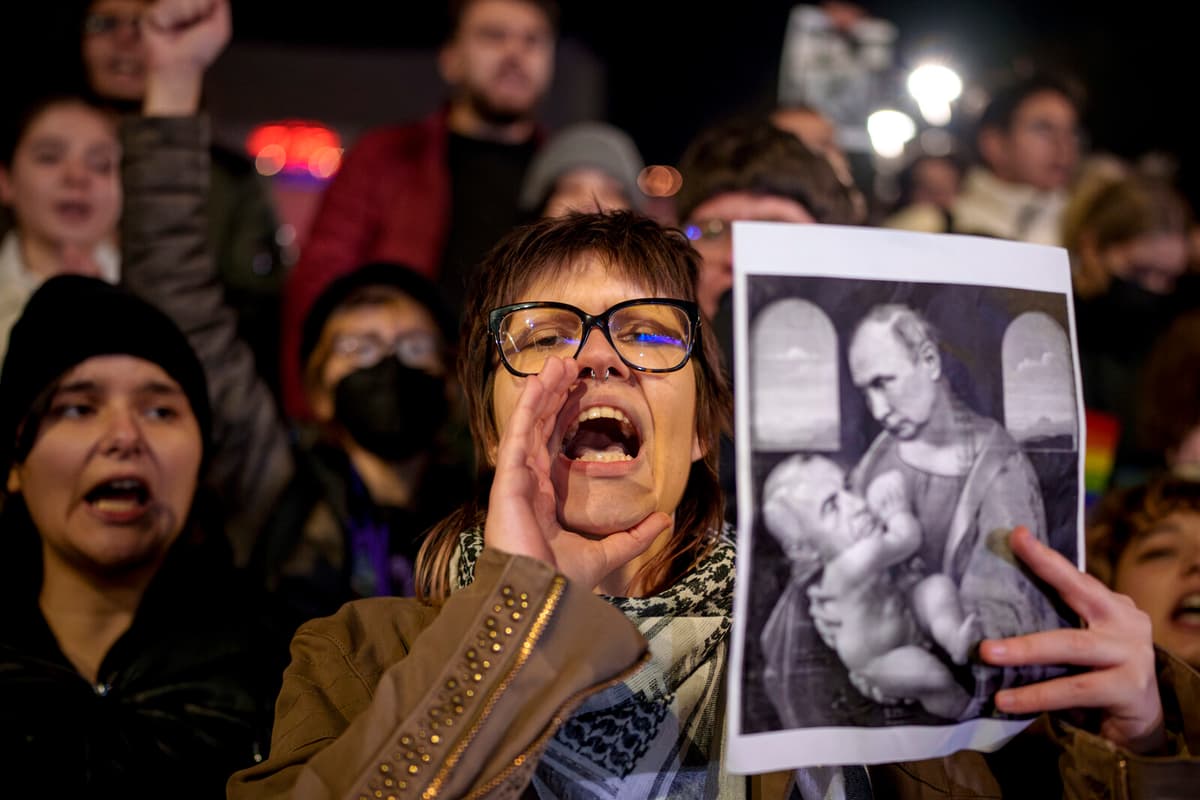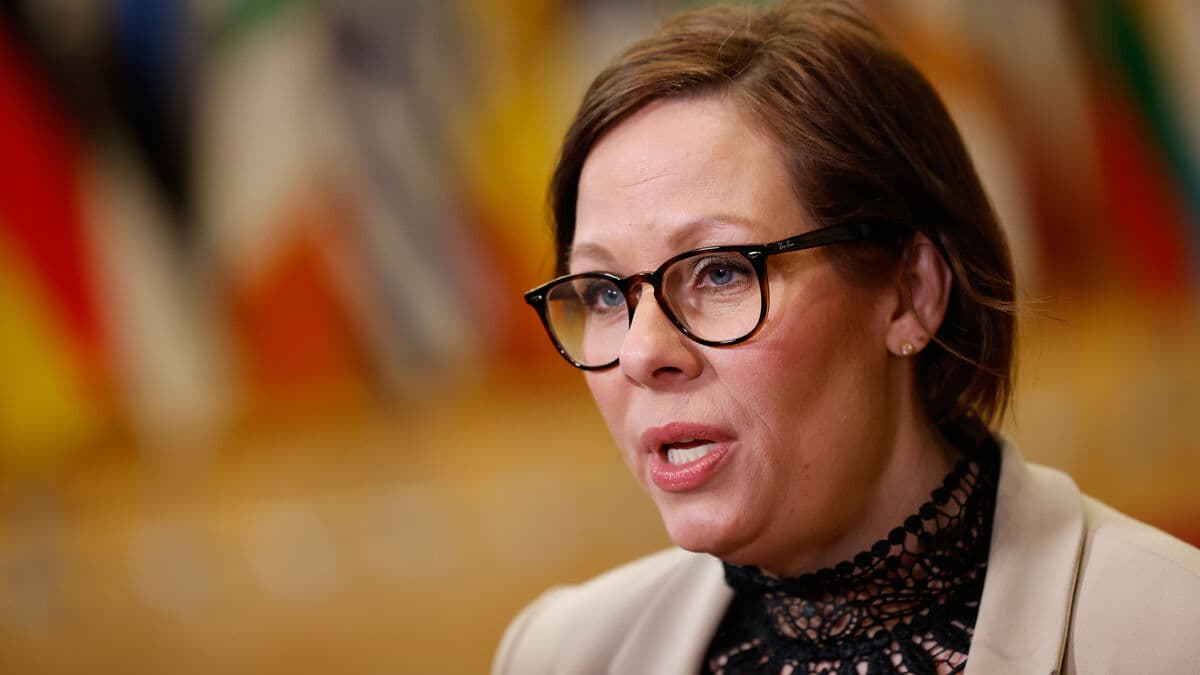That the strongly religious Calin Georgescu would get the most votes in last week's first round of Romania's presidential election was a major surprise.
The far-right candidate, who has been criticized for openly praising Russia's President Vladimir Putin, received 22 percent of the votes, despite only being at a few percentage points in the opinion polls beforehand.
The government has pointed fingers at Tiktok, where Georgescu's clips quickly got millions of views, and questioned who actually paid for his campaign.
Far-right on top?
As Romania is now also going to vote for a new parliament on Sunday, attention is focused primarily on the formally independent Georgescu's former party AUR.
The strongly nationalist right-wing party has surged to the top in the opinion polls with over 20 percent support. The question is only how credible the figures are, considering that party leader George Simion did not do as well in the presidential election as expected beforehand.
Simion – whose party is part of the same European party family as the Swedish SD – wants, like Georgescu, to stop Romania's military support to Ukraine.
Notorious party leader
Behind AUR, Romania's ruling parties, the social democratic PSD and conservative PNL, are trying to keep the liberal USR behind them in the battle to become the second-largest party. USR's candidate Elena Lasconi did unexpectedly well in the presidential election, but risks losing her final spot after a recount.
The uncertainty is simultaneously great about how it will go for the country's most extreme far-right, SOS Romania. Party leader Diana Sosoaca was elected to the EU parliament last summer and has already become notorious for anti-Semitic outbursts and promises to cleanse the parliament of demons.
Romania is located in southeastern Europe, with borders to Hungary and Ukraine in the north, Moldova in the east, Bulgaria in the south, and Serbia in the west. The country has 19 million inhabitants and has been a member of the EU since 2007 and NATO since 2004.
Sunday's parliamentary election concerns all 330 seats in the lower house (the Chamber of Deputies) and all 136 in the upper house (the Senate).
Since 2021, the country has been governed by a large coalition between the social democratic PSD and conservative PNL, which previously also included the liberal UDMR.






